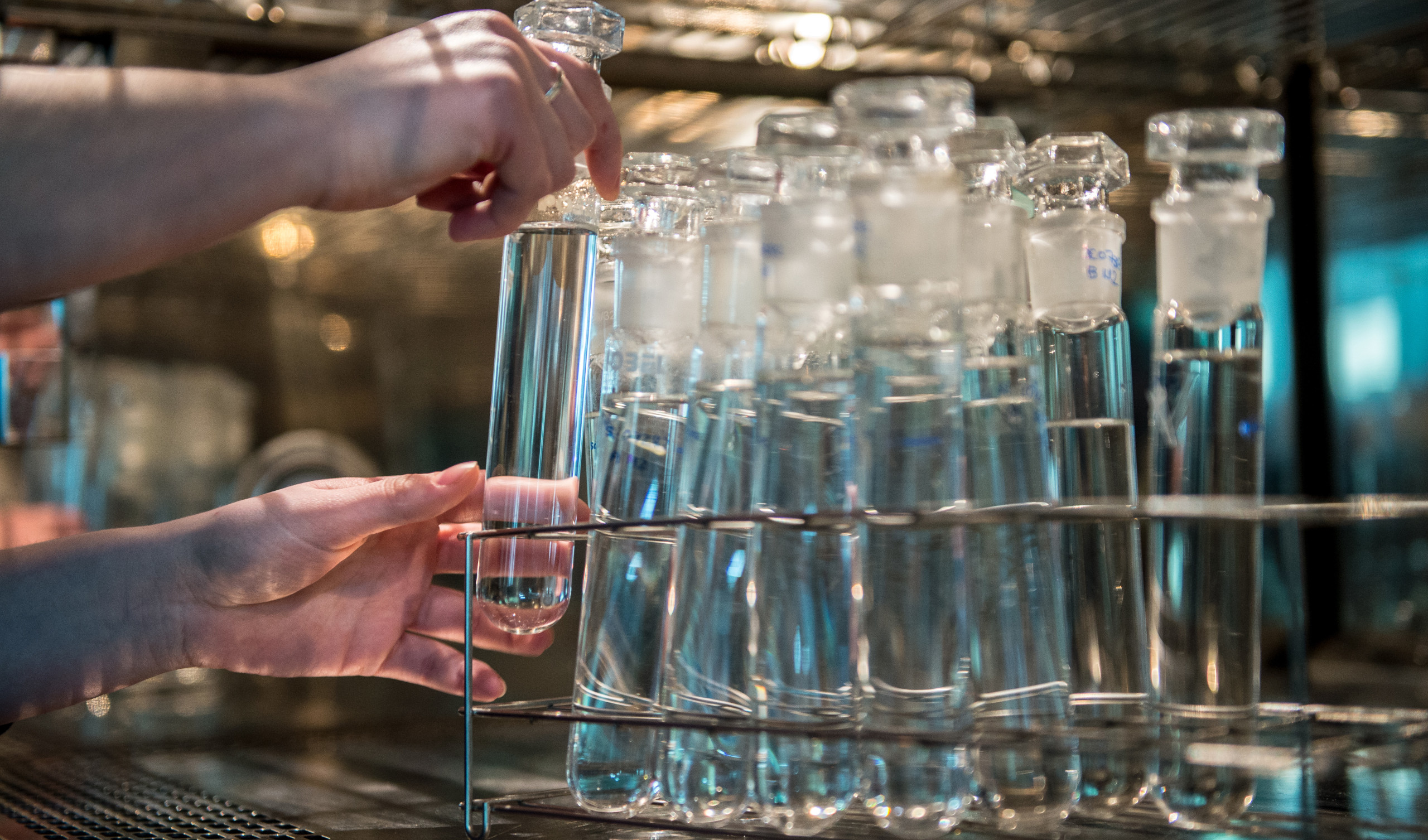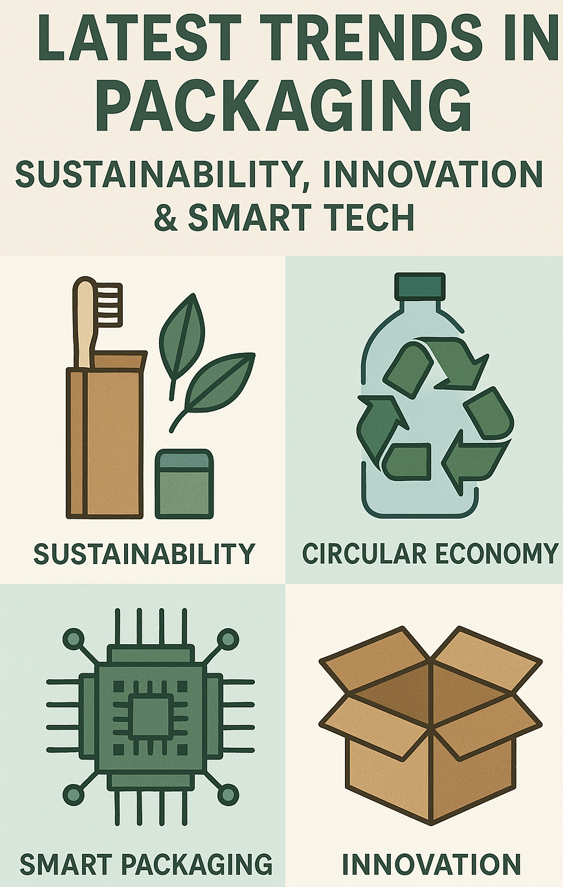
Researchers at Andaltec are already working to synthesise biodegradable and compostable plastics, which will be employed as raw materials for food packaging. One of the project’s goals is for these materials to meet the high quality standards required for food preservation. At the same time, these products should be sustainable, something increasingly demanded by customers and companies. A series of final film demonstrators will be developed during the project, having barrier properties against oxygen, steam, fat and microorganisms. This will help to extend food lifespan and improve its preservation conditions. This project is intended to give use to the large amount of waste generated by the Spanish agrifood sector, which amounts to 22% of all industrial production. The development of more sustainable items and processes from agricultural waste is very appealing, as it can generate high-value products The head researcher for BioNanocel project, José Antonio Rodríguez, pinpoints that vegetal biomass is mostly made up by cellulose, hemicellulose and lignin, which are three very interesting compounds. He states that “cellulose, which is one of the most abundant natural polymers, is the main component of agricultural waste. This biopolymer can become the base to synthesise a great variety of high added-value products, which can also be very valuable when applied on the food packaging industry”. Firstly, this project will develop an efficient cellulose extraction and purification system from agricultural waste, such as biomass originated in olive grove pruning, sunflower harvest waste or wood from cotton harvest. That cellulose will be used to create high added-value compounds, like nanocellulose and cellulose acetate, counting with singular properties that will allow to be employed in the thermoplastics transformation industry and later applied to the food packaging sector. “This initiative is also going to prove that plastic is the best material for food packaging. It not only implies low cost and advantages for product transport and preservation, but also sustainability and low environmental impact: it features a vegetal origin, it is compostable and benefits from a manufacturing process which is low in water consumption and greenhouse effect gases emissions”, as Rodríguez asserts. This effort is consistent with the new European Strategy for Plastics, which is launched to develop and discover new materials, products and process based on the principles of sustainability, industrial ecology, eco-efficiency and green chemistry, giving priority to circular economy and bioeconomy. BioNanocel project is funded by the R&D scheme directed to private entities of the department for Economy, Business and University of the Andalusian government.







